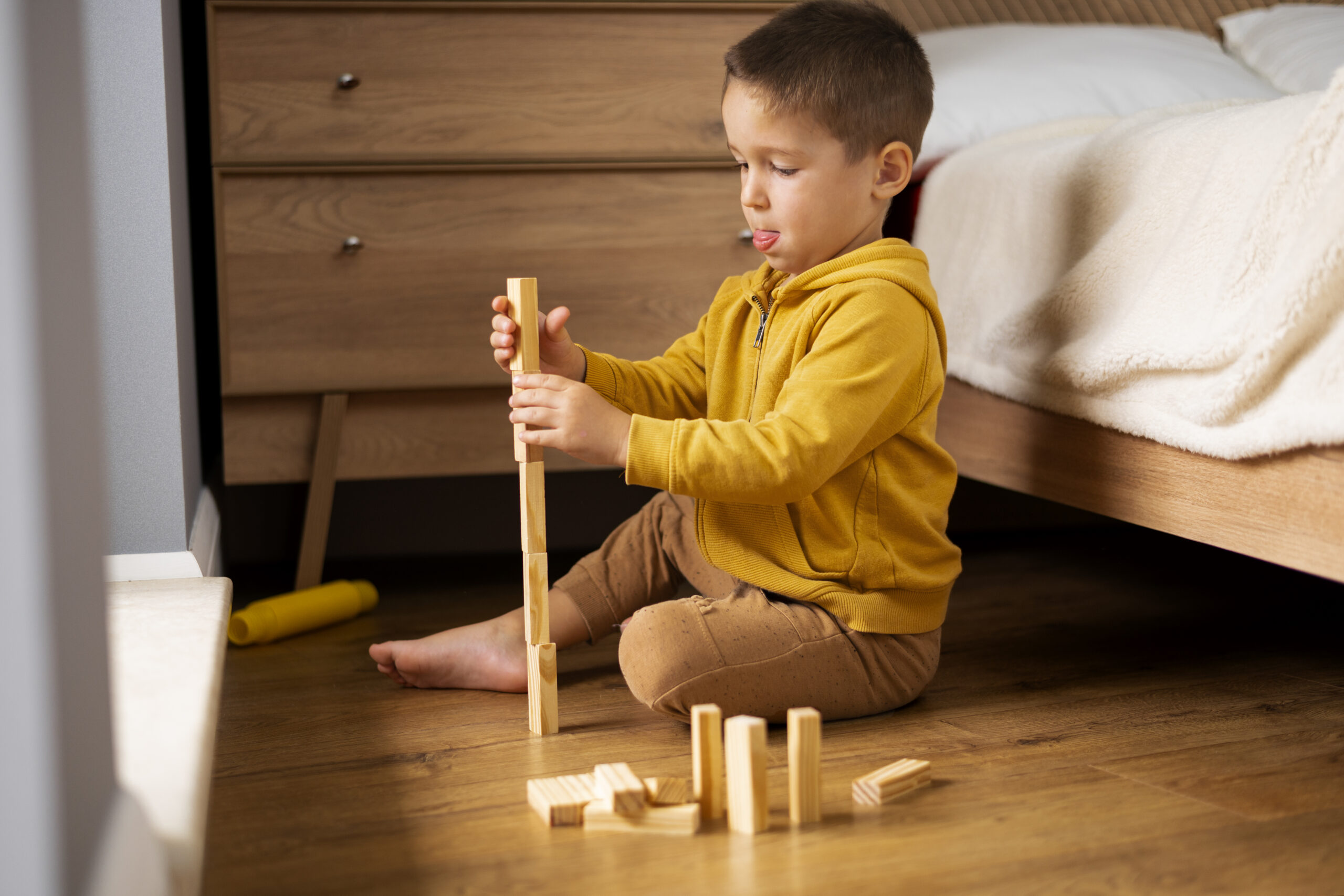
The Quiet Power of Solitude: Why Alone Time is Crucial for Children
In an era marked by incessant stimulation and hyperconnectivity, the concept of solitude often takes a backseat. Yet, for young minds in the formative stages of development, spending time alone can be a cornerstone of emotional, cognitive, and social growth. Contrary to popular belief, children who engage in solitary play are not merely idle; they are, in fact, constructing the building blocks of a rich and fulfilling life.
Solitude, when approached thoughtfully, offers a unique opportunity for children to delve into the depths of their imagination. Unconstrained by external influences, their minds are free to wander, to create, and to innovate. This unbridled creativity, nurtured in the quietude of solitary play, lays the foundation for problem-solving, critical thinking, and a lifelong love of learning.
Moreover, independent play is instrumental in fostering self-reliance. When children are left to entertain themselves, they develop the capacity to find joy and satisfaction within their own company. This sense of self-sufficiency is invaluable, equipping them with the resilience to navigate life’s challenges and the confidence to pursue their passions without constant external validation.
It is essential to dispel the misconception that solitary play equates to social isolation. On the contrary, it serves as a vital counterbalance to social interaction. By spending time alone, children learn to regulate their emotions, develop empathy, and cultivate the ability to connect meaningfully with others. They return to social settings with a renewed sense of perspective, having had the opportunity to recharge and reflect.
Furthermore, the importance of solitude cannot be overstated in terms of emotional development. In a world that often prioritizes external achievements, alone time provides a sanctuary for children to explore their inner world, to process their feelings, and to develop a strong sense of self. It is within these quiet moments that they begin to understand their strengths and weaknesses, fostering self-awareness and emotional intelligence.
While it is tempting to overschedule our children with an array of activities, it is equally important to carve out dedicated time for unstructured play. By creating an environment that supports solitude, parents empower their children to become independent, creative, and emotionally resilient individuals. It is a gift that will continue to yield dividends throughout their lives.
Ultimately, the ability to thrive in solitude is a skill that transcends childhood. It is a lifelong companion that offers solace, inspiration, and a profound sense of self. By cultivating a love for alone time in our children, we are not merely preparing them for the future; we are equipping them with a lifelong resource for growth and fulfillment.
Note: While this article delves into the psychological benefits of solitary play, it is essential to consider individual differences among children. Some may naturally gravitate towards solitude, while others may require more gentle encouragement. Parents should observe their child’s cues and create a supportive environment that fosters both independent play and social interaction.

